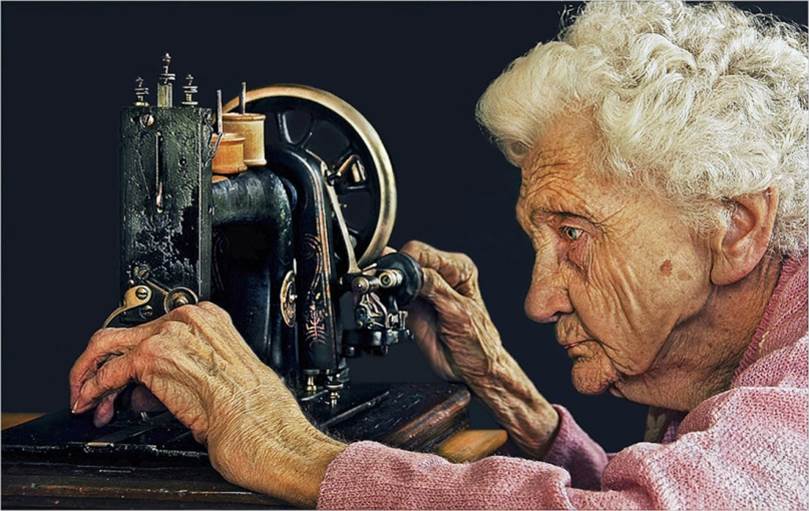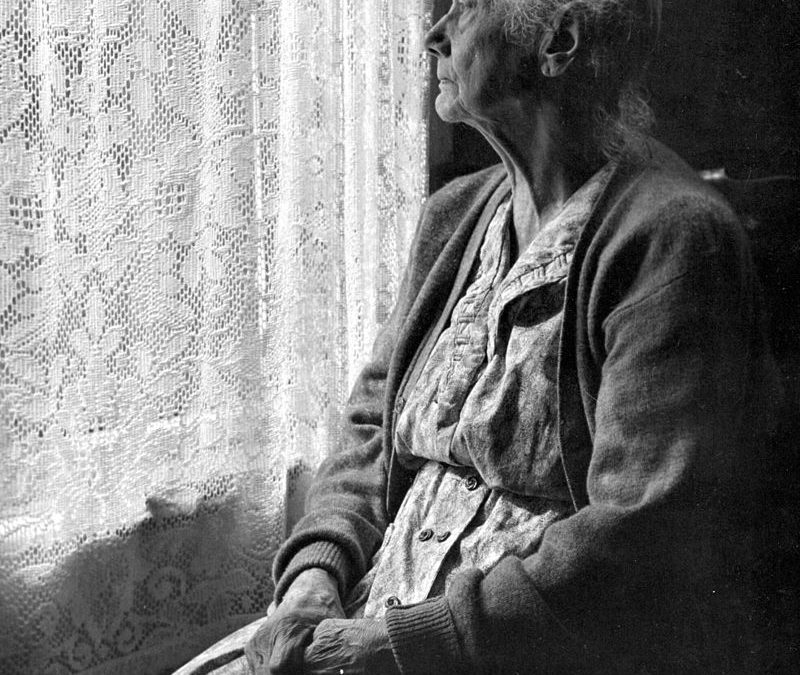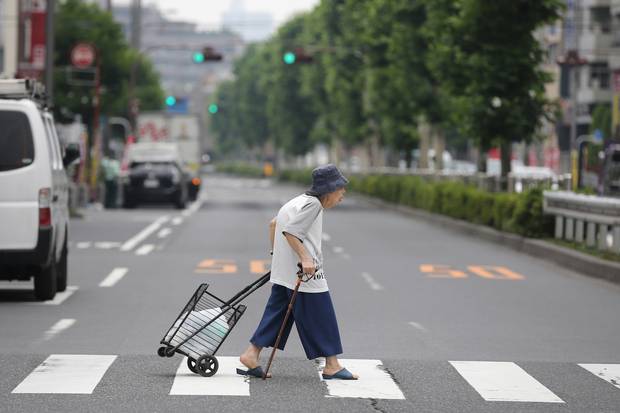post by Zhenying Tang Nowadays, people are trying to apply robots in many fields, such as education, manufacture and so on, because we can order them to do anything we want by programming, and they can achieve the goals people expect effectively. As for a student in...









Recent Comments